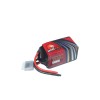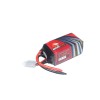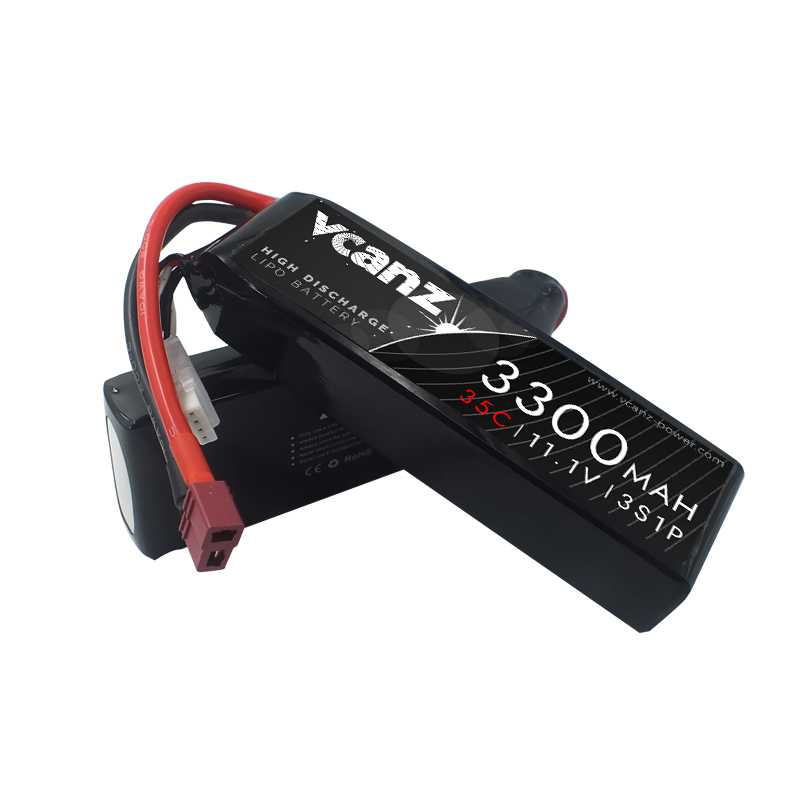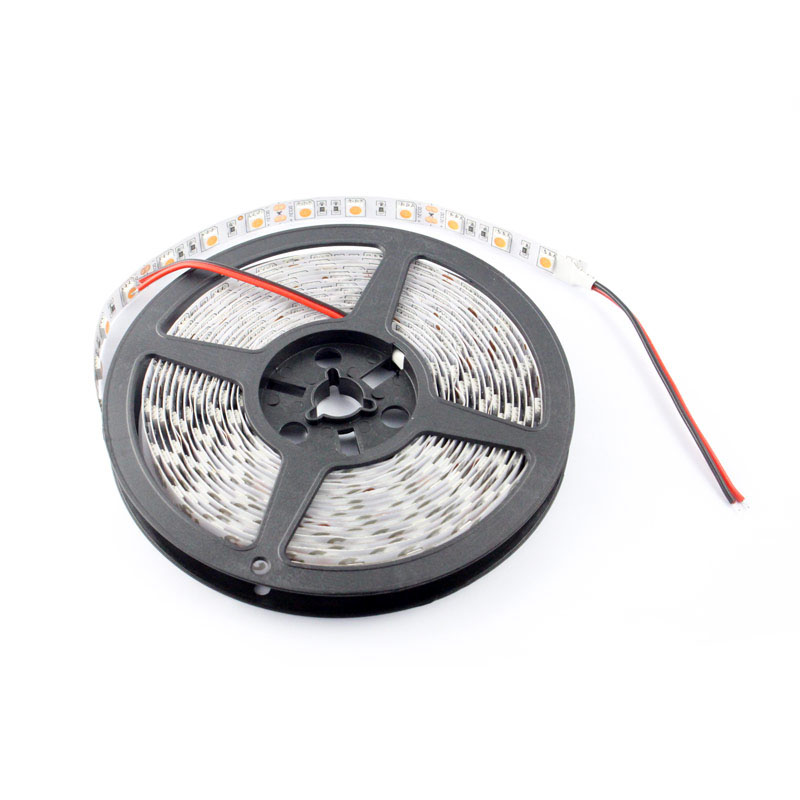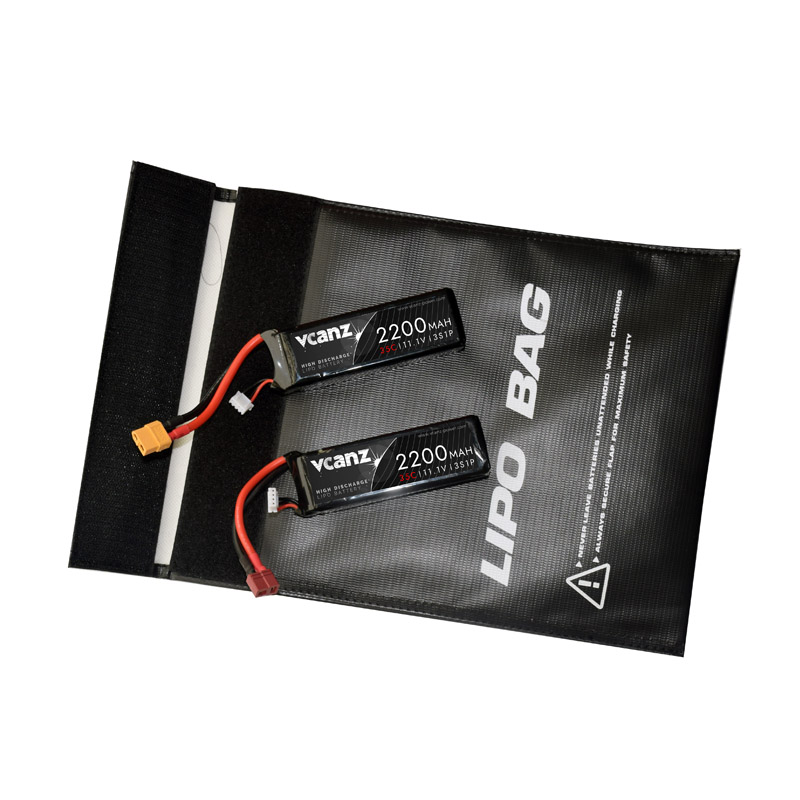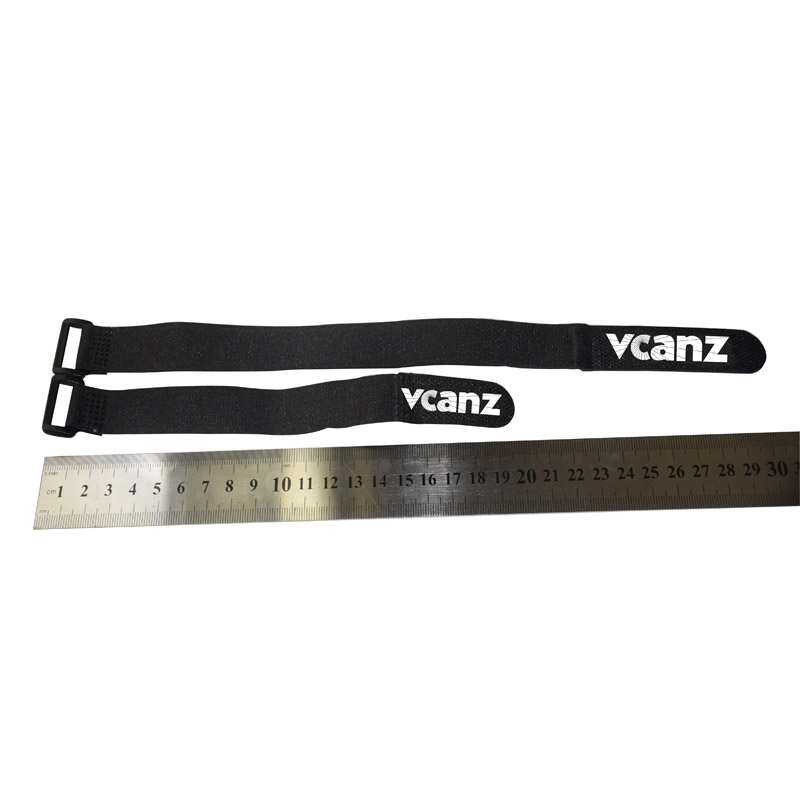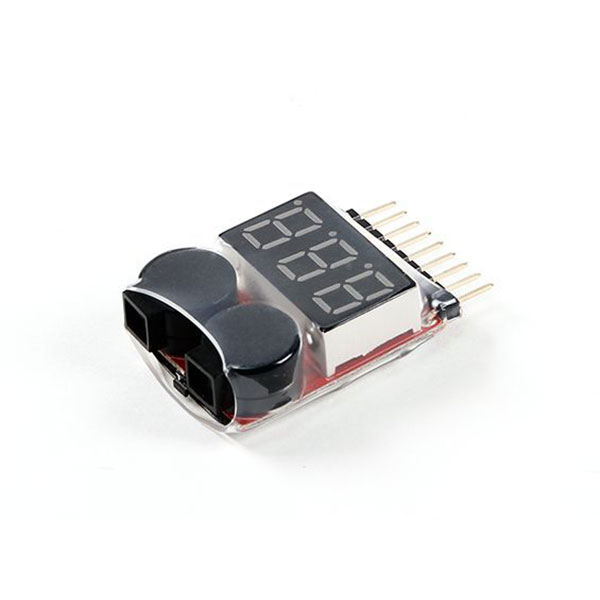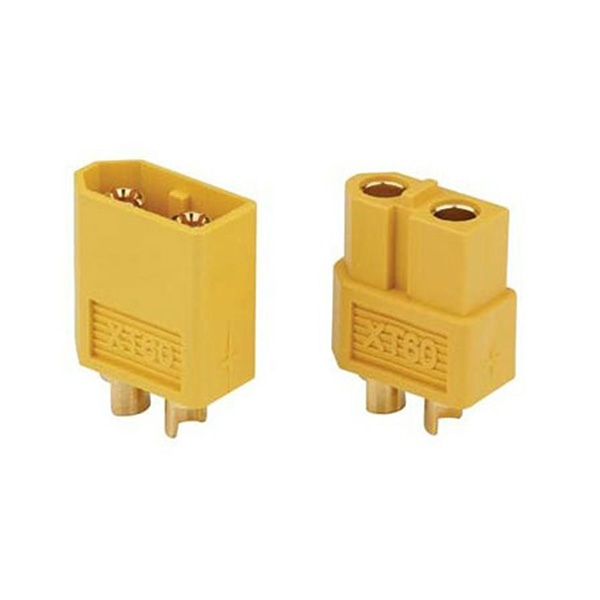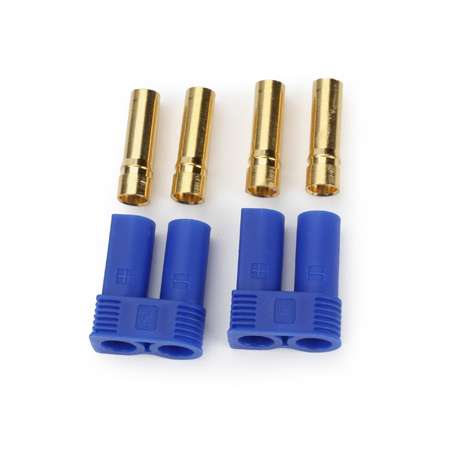WARNING FOR USING BATTERY
· You must read these safety instructions and warnings carefully before charging or using your Lithium Polymer (Li-Po) battery. All instructions and warnings must be followed exactly.
Thank you for purchasing VCANZ POWER Lithium Polymer (Li-Po) battery.
VCANZ POWER Li-Po batteries offer an excellent blend of weight, power and performance.
All Lipo batteries require proper handling and care for safe and maximum performance.
Guidelines and Warnings
1) Stop using or charging the battery immediately if the battery becomes or appears damaged.
2) Only charge Li-Po batteries with chargers specifically designed to charge Li-Po batteries. NEVER use a Ni-MH or Ni-Cd charger.
3) Never charge battery unattended
4) Charge each battery pack individually. Over-charging of one or the other battery may occur resulting in fire.
5) Never store or charge the battery inside your car or in extreme temperature. Extreme temperatures might ignite the battery and cause fire.
6) Keep batteries out of reach of children, unless supervised by a responsible adult.
7) Battery temperatures should not be allowed to fall below 32°F (0°C) or exceed 113°F (45°C).
Charging Process
1) Charging Current-Battery charging current must never exceed specified maximum which is regulated by specifications. Higher setting may lead to charging insufficiency,inferior in performance,heating and eve leakage.
2) Charging Voltage-Battery charging at no more than 4.20V per cell(4.25V is the maximum cell charge voltage).
3) Battery must be charged at a place within the temperature ranged from 15°C to 35°C or it may lead to9 the reduction of charging& discharging efficiency,charging insufficiency.Stop charging immediately if the battery surface temperature exceeds 50°C(120°F)
Storage & Transportation
1) Always disconnect and remove Li-Po batteries from your model when not in use. Store Li-Po batteries in an airtight and flame resistant container when not in use.
2) Store batteries in a location with low humidity, free from corrosive gas & combustible materials, within the temperature range of 14°F (-10°C) and 104°F (40°C). For best results, storage between from 41°F (5°C) and 77°F (25°C) is recommended.
3) Do not expose Li-Po batteries to direct sunlight or leave in a hot environment (inside an automobile in hot weather) for extended periods of time.
4) When batteries are transported or temporarily stored in a vehicle, temperatures should be higher than 14°F (-10°C) but not over 140°F (60°C).
5) Storing Li-Po batteries at temperatures higher than 170°F (76°C) for more than 2 hours may result in battery damage or possibly fire.
6) Higher cell voltage during storage will increase the self-discharge rate of the battery, which may lead to over-discharge and deteriorate battery performance. It is recommended that the battery remain at a lower voltage (about 3.8V/cell) throughout the period of storage. If the battery is to be stored for longer than one year, the user should charge the battery at least once per year to 3.8V/cell to prevent over-discharge.
Battery Life
Batteries that lose 20% of their stated capacity must be removed from service. Discharge the battery to 3.0V/cell, insulate the output wires, and then wrap the battery in a bag for disposal at your local Hazardous Waste Facility
If you have any questions , please get in touch at contact VCANZ.
Thank you for purchasing VCANZ POWER Lithium Polymer (Li-Po) battery.
VCANZ POWER Li-Po batteries offer an excellent blend of weight, power and performance.
All Lipo batteries require proper handling and care for safe and maximum performance.
Guidelines and Warnings
1) Stop using or charging the battery immediately if the battery becomes or appears damaged.
2) Only charge Li-Po batteries with chargers specifically designed to charge Li-Po batteries. NEVER use a Ni-MH or Ni-Cd charger.
3) Never charge battery unattended
4) Charge each battery pack individually. Over-charging of one or the other battery may occur resulting in fire.
5) Never store or charge the battery inside your car or in extreme temperature. Extreme temperatures might ignite the battery and cause fire.
6) Keep batteries out of reach of children, unless supervised by a responsible adult.
7) Battery temperatures should not be allowed to fall below 32°F (0°C) or exceed 113°F (45°C).
Charging Process
1) Charging Current-Battery charging current must never exceed specified maximum which is regulated by specifications. Higher setting may lead to charging insufficiency,inferior in performance,heating and eve leakage.
2) Charging Voltage-Battery charging at no more than 4.20V per cell(4.25V is the maximum cell charge voltage).
3) Battery must be charged at a place within the temperature ranged from 15°C to 35°C or it may lead to9 the reduction of charging& discharging efficiency,charging insufficiency.Stop charging immediately if the battery surface temperature exceeds 50°C(120°F)
Storage & Transportation
1) Always disconnect and remove Li-Po batteries from your model when not in use. Store Li-Po batteries in an airtight and flame resistant container when not in use.
2) Store batteries in a location with low humidity, free from corrosive gas & combustible materials, within the temperature range of 14°F (-10°C) and 104°F (40°C). For best results, storage between from 41°F (5°C) and 77°F (25°C) is recommended.
3) Do not expose Li-Po batteries to direct sunlight or leave in a hot environment (inside an automobile in hot weather) for extended periods of time.
4) When batteries are transported or temporarily stored in a vehicle, temperatures should be higher than 14°F (-10°C) but not over 140°F (60°C).
5) Storing Li-Po batteries at temperatures higher than 170°F (76°C) for more than 2 hours may result in battery damage or possibly fire.
6) Higher cell voltage during storage will increase the self-discharge rate of the battery, which may lead to over-discharge and deteriorate battery performance. It is recommended that the battery remain at a lower voltage (about 3.8V/cell) throughout the period of storage. If the battery is to be stored for longer than one year, the user should charge the battery at least once per year to 3.8V/cell to prevent over-discharge.
Battery Life
Batteries that lose 20% of their stated capacity must be removed from service. Discharge the battery to 3.0V/cell, insulate the output wires, and then wrap the battery in a bag for disposal at your local Hazardous Waste Facility
If you have any questions , please get in touch at contact VCANZ.

